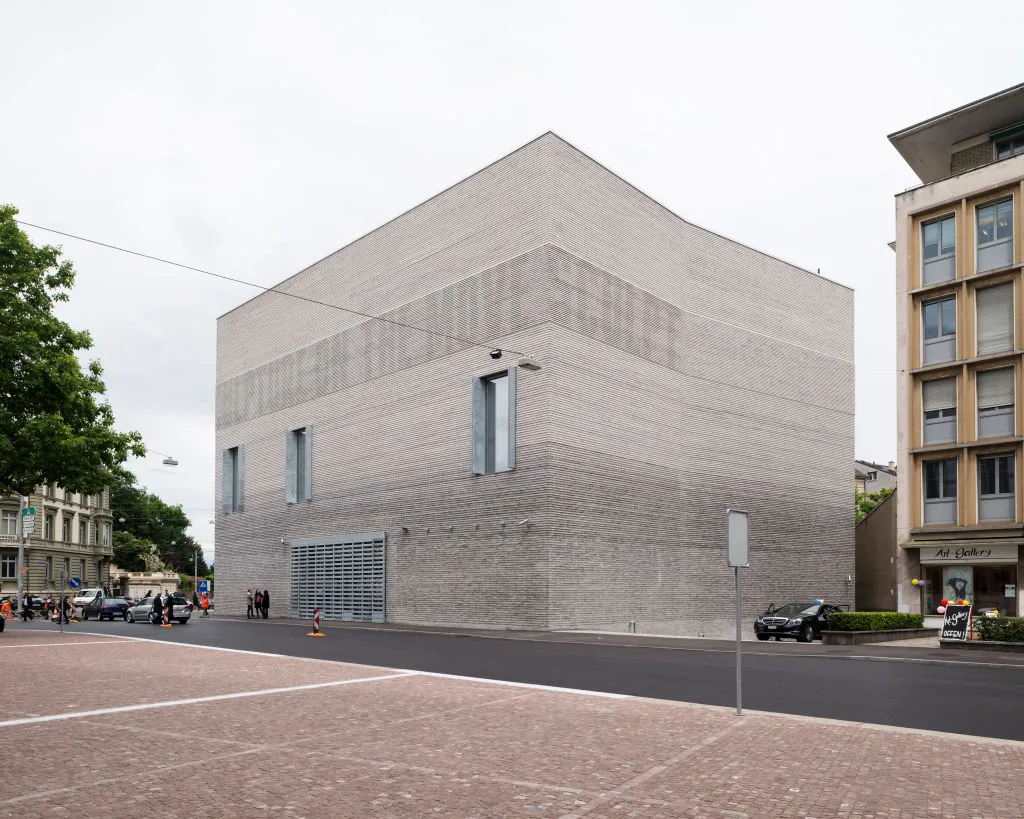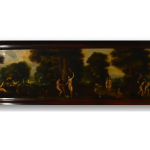
The Kunstmuseum Basel has rejected a three-year-old claim to restitute a 1909 painting by Henri Rousseau following an internal review of the work’s ownership record.
According to a statement published by the museum on Tuesday, officials of the Swiss institution are now in negotiations with the work’s claimants, heirs of the work’s previous owner, a Swiss-German collector who fled Berlin during World War II.
The museum’s director, Felix Uhlmann, said the museum is seeking a “fair” solution related to the original claim and an agreement over “compensation” to the heirs of Charlotte Von Wesdehlen to resolve the contested acquisition.
The painting, titled La muse inspirant son poète (The muse inspiring the poet) and created in 1909, was sold to the museum in 1940 by Charlotte Von Wesdehlen, a Swiss countess. It became subject of scrutiny in 2021 when lawyers representing Wesdehlen’s descendants made an official request with the museum for the work’s return.
In a statement, the museum said that in response to the 2021 request their research department conduct an “extensive investigation” into the painting’s ownership records and the details surrounding its purchase. The museum disclosed its findings privately to the claimants in 2022.
The museum, adhering to international standards set in the 1990s around how private collectors and cultural institutions handle 1940s-era restitution claims, made details of the return request public online this week.
The documents disclosed that the internal review had determined the Rousseau painting a “flight asset,” referring to the sale of property by emigrants fleeing Germany between 1933 and 1945. Researchers found that Von Wesdehlen sold the work at a “cheap” price to support her life in Switzerland, a transaction that was overseen by the museum’s then-director, George Schmidt.
The Basel institution’s leadership argue that works determined by researchers to be “flight assets” differ from cases in which artworks were sold under duress. These cases often involve Jewish collectors who were forced to liquidate their assets by members of the Nazi party in exchange for an escape from occupied territories in Europe. In such cases, the museum said, outright returns are warranted.

